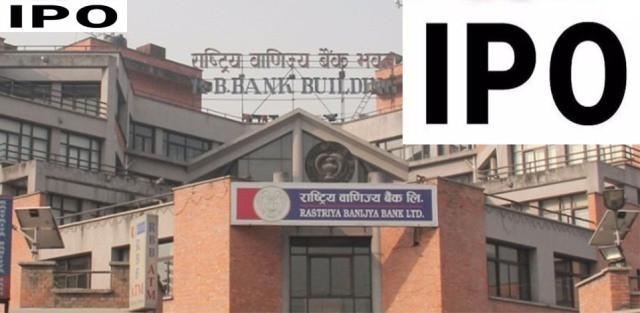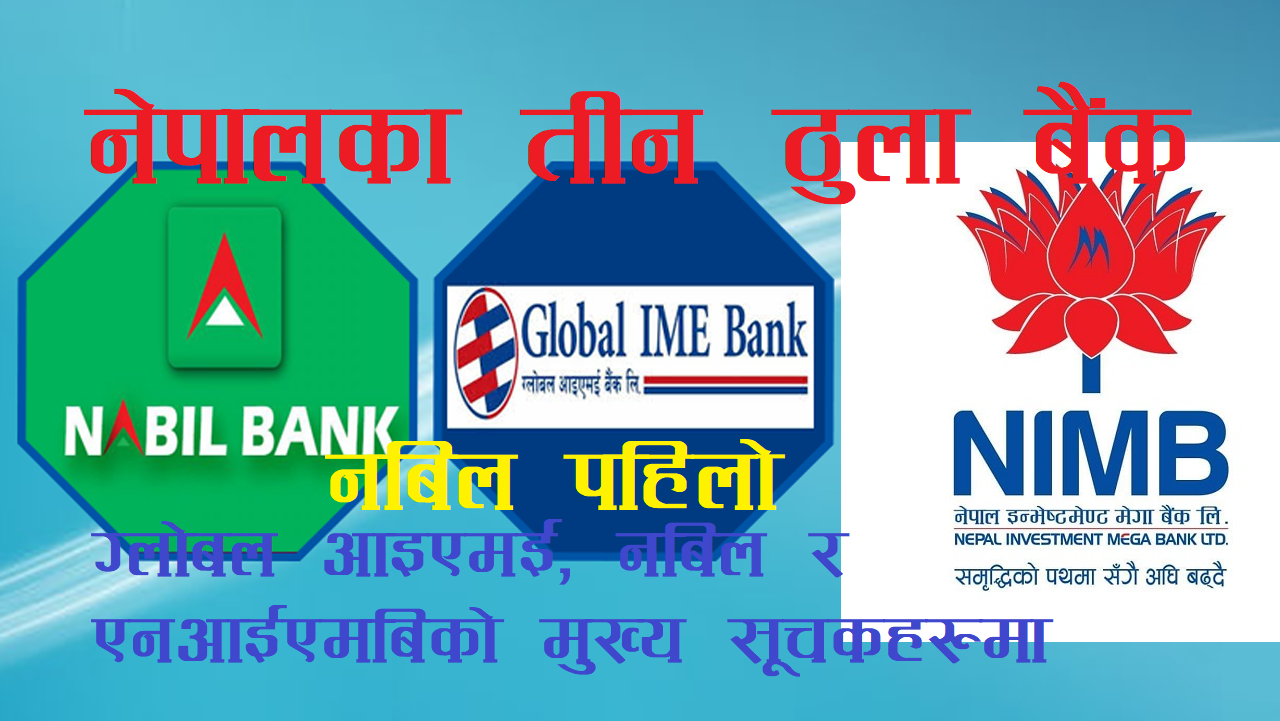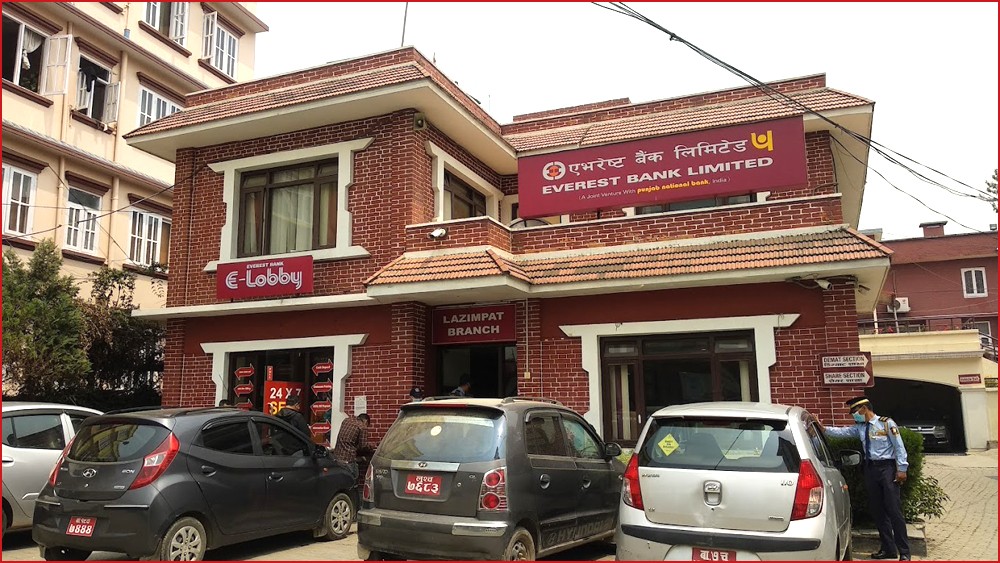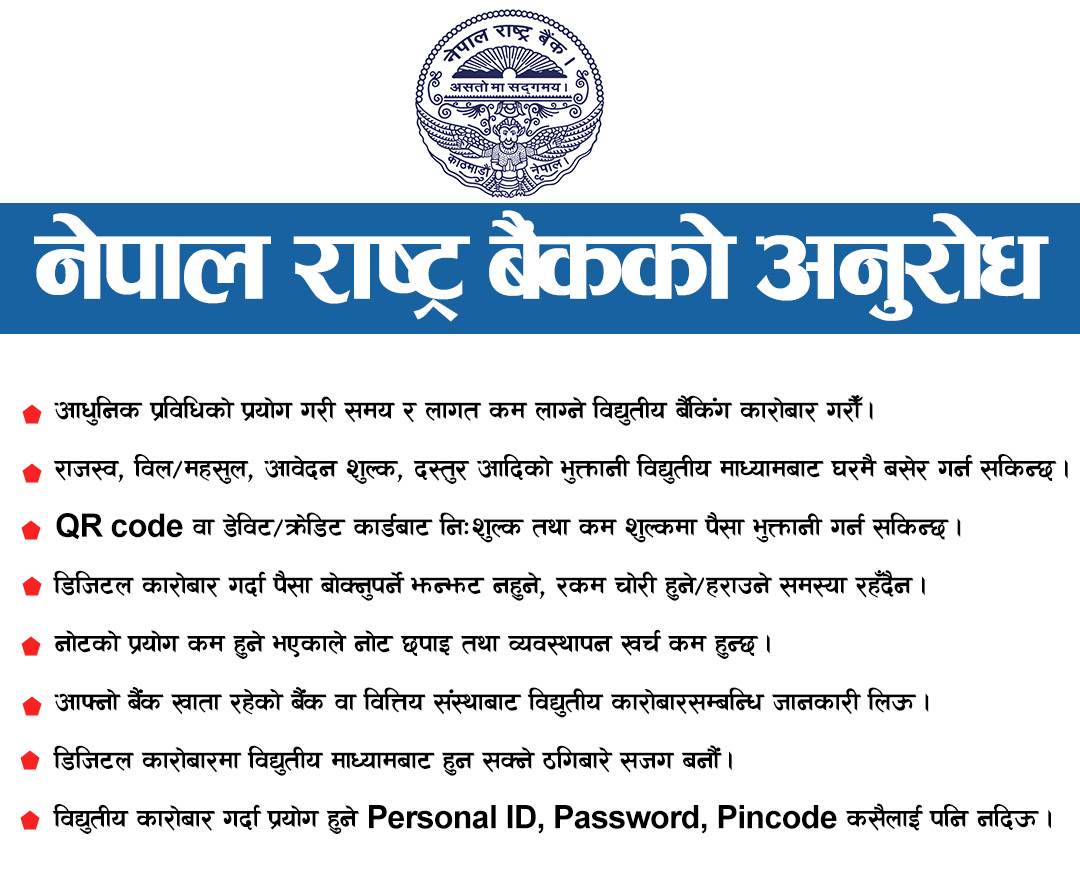
Kathmandu. The IPO process of the public issue of Rastriya Banijya Bank has stalled as the Ministry of Finance has not implemented the decision of the Council of Ministers. In 2072 BS, the Council of Ministers had decided to bring 30 percent IPO of Rastriya Banijya Bank. The Banks and Financial Institutions Act stipulates that at least 30 percent of the shares should be issued to the public. At present, 27 commercial banks are in operation. Of which, Rastriya Banijya Bank is not the only one to issue shares to the public. One of the important tasks of the financial sector reform program run by the government with the help of donors has not been completed without issuing shares of commercial banks to the public. After the Congress-led government decided to issue an IPO in 2072 BS, the government changed. Due to which the process of issuance of shares of commercial banks was stopped.
The process of issuance of shares of commercial banks has been stopped due to misunderstanding by the officials in the Ministry of Finance. The issue of shares of commercial banks has been stopped as there is an official in the Ministry of Finance that the government needs a bank. The government has run the Agriculture Development Bank and Nepal Bank. With more than 51 percent share ownership, there is a majority in the board of directors. As a result, only two directors will be elected from the general public when 30 percent shares are issued by the commercial bank. This does not affect the decision making process of commercial banks.
The paid up capital of the commercial bank is now Rs 9 billion. It has Rs 13.89 billion in reserves. Commercial banks had made the highest profit in the last two years. Commercial banks are not obliged to bring an IPO at Rs 100 now. The Securities and Exchange Board has arranged for a book building system. Through this system, commercial banks can strengthen their capital by issuing shares by adding premium.
The general public currently owns 0.03 percent shares in commercial banks. After NIDC Development Bank merged with Banijya Bank, it also became publicly owned. 0.03 percent share ownership is negligible. As only insignificant shares of commercial banks are available to the public, there is no trading in the stock market. Chief Executive Officer of Banijya Bank, Kiran Kumar Shrestha, says that the IPO will be issued on the basis of the decision of the government as it is a government-invested bank.







